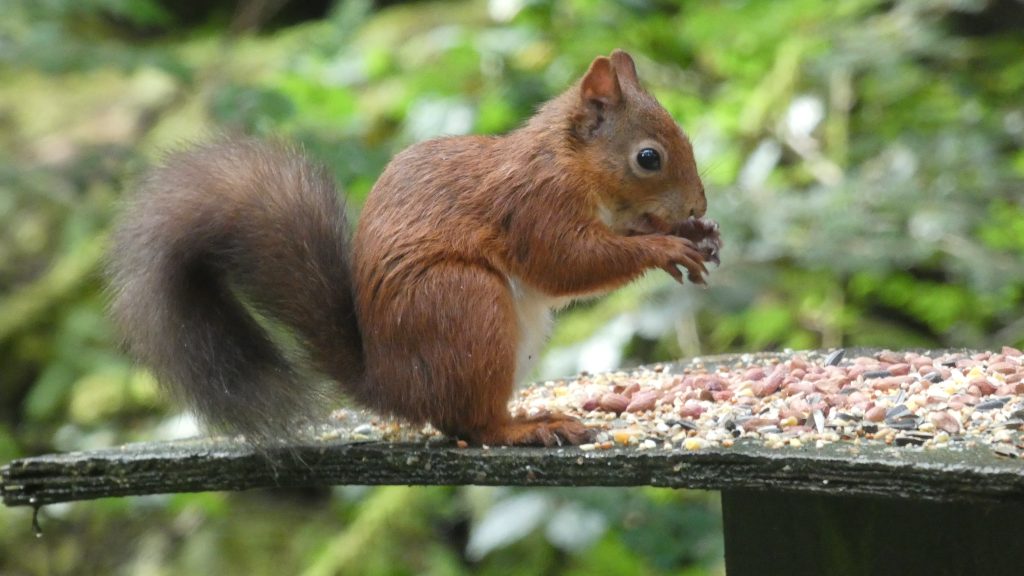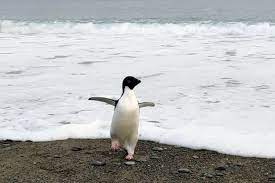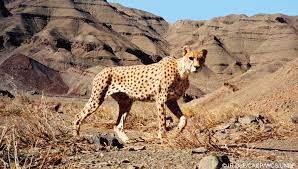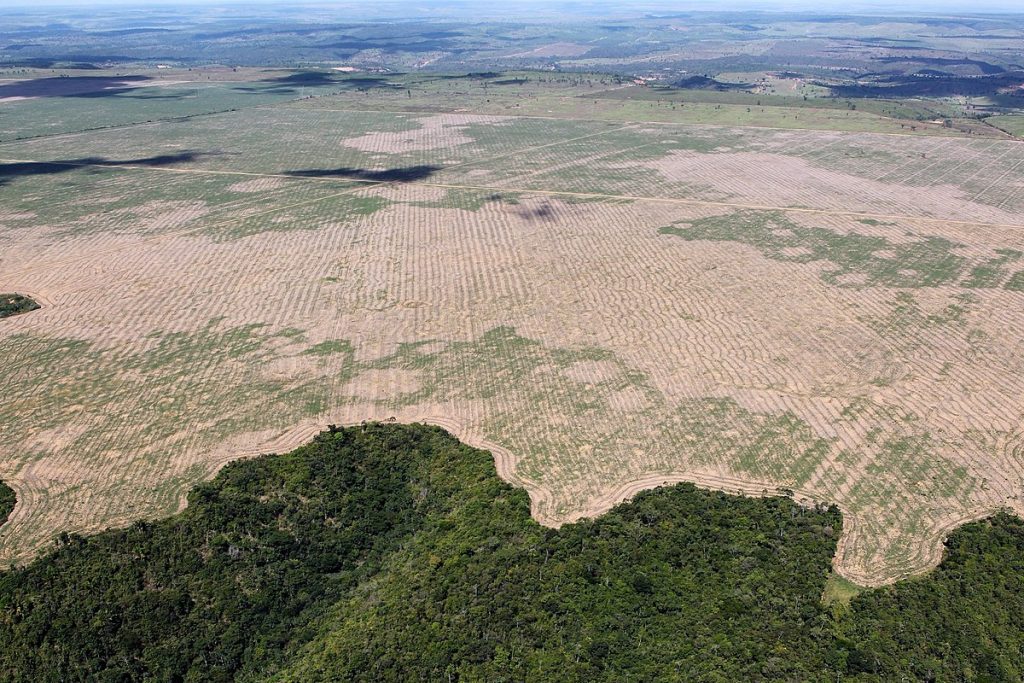Despite to much fanfare, announcing that in 2019 during a queens speech their plan to ban trophy hunting, the government has once again delayed this law coming into effect.
Clearly endangered animals such as lions tigers elephants and many more are shot for sport around the world in numbers above 10,000 per year. While some of the meat is often given to local communities, the reason for the hunt was to provide a trophy for the hunter.
I find it disgusting that British politicians announced this policy 3 years ago but have not brought the rule into force. They are attempting to get the global clap on the back without actually having the bring in the law.
There are few to no predators that live in large enough numbers to be able to afford hunting. For me (as well as I suspect many of my readers) hunting is a rather distasteful experience. There are a few areas on the planet where hunting is temporarily justified such as the Selous – but these should be short lived. In the long run making money from wildlife should be done with a camera and not with a gun
















